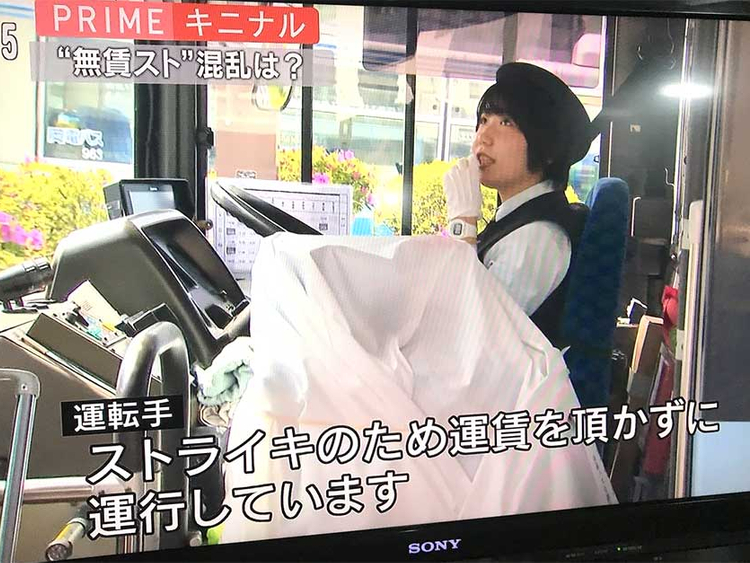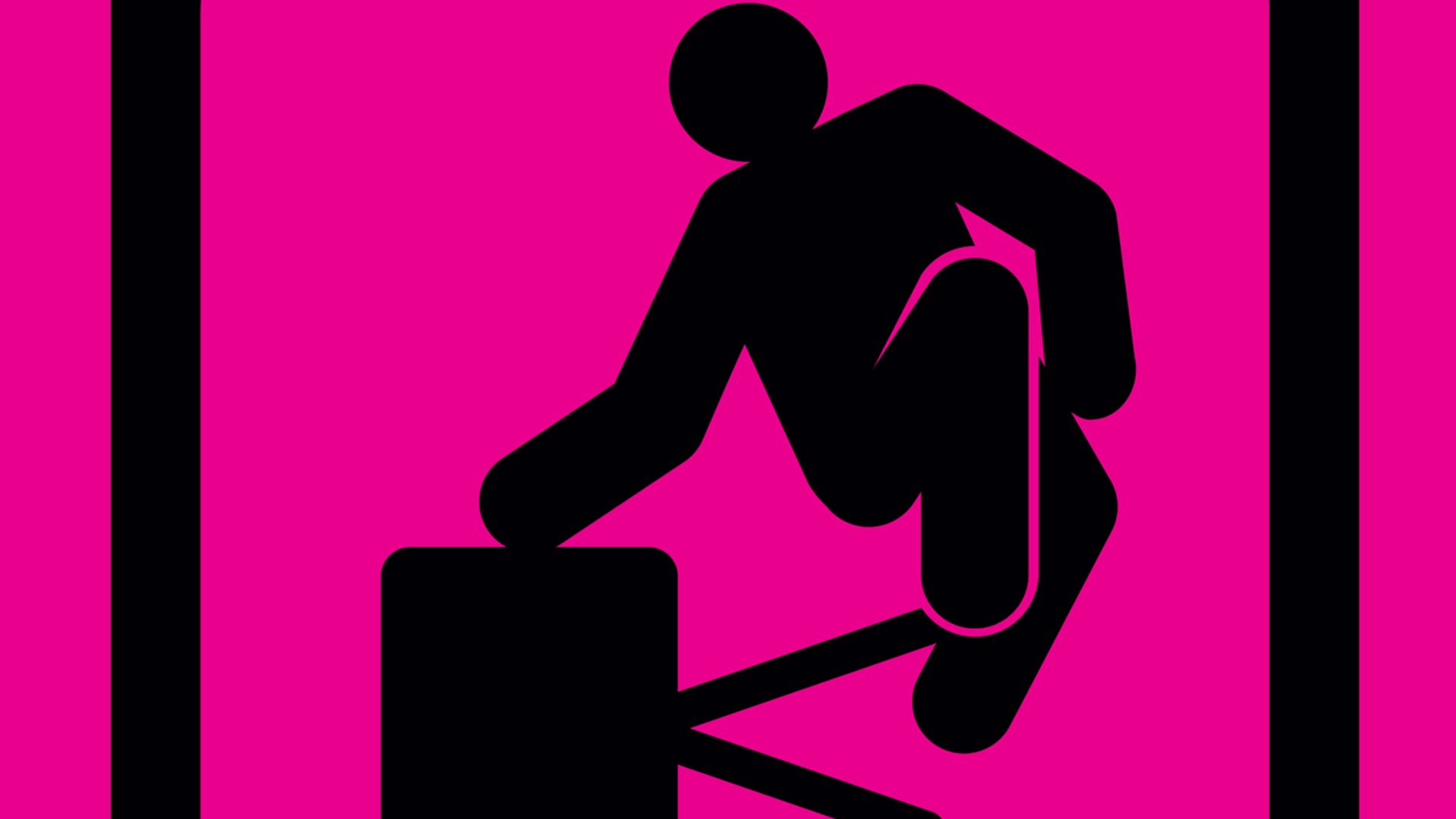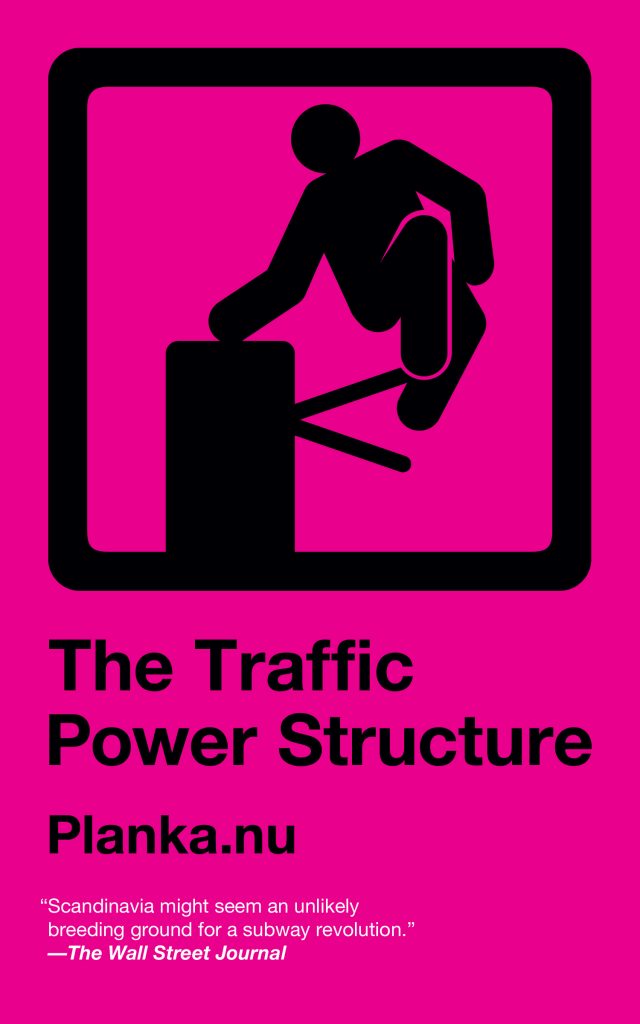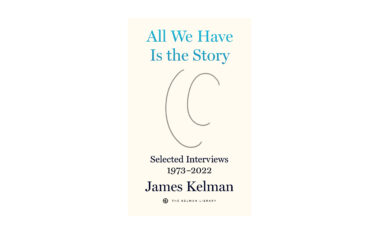By Naomi Larsson
Guardian News & Media
Gulf News Asia
May 11th, 2018
They are protesting the lack of job security

Okayama: A protest in the city of Okayama is the latest in a long line of fare-free travel in response to privatisation and price hikes
Instead of forming a picket line, protesting bus drivers in the Japanese city of Okayama have been completing their routes – but not taking fares from passengers.
The dispute between workers and the Ryobi bus company reportedly began after a rival bus service launched in April, offering cheaper fares. Worried drivers called for more job security, according to Japanese media. When that wasn’t agreed, they covered the ticket machines on buses and refused to take fares from passengers.
It’s not the first time transit workers have taken this kind of action. Last year in Sydney, bus drivers from 12 depots conducted a ” fare-free day”, turning off card machines as part of a dispute over government plans to privatise services .
Brisbane bus drivers tried a similar tactic last July, leading fare-free days as part of action calling for increased wages, improved safety on buses and better rosters.
But it’s far more common to have passengers pushing for free rides. The most prominent protests have come from Brazil’s Movimento Passe Livre (Free Fare Movement), which argues that paid-for public transport creates social exclusion.
Starting in 2003 in the city of Salvador, when thousands of Brazilian students and workers closed roads to protest against rising transport fares, the movement climaxed in nationwide protests in 2013. The targets of the demonstrations broadened from transport fees to corruption and poor public services in general – and as many as a million people took to the streets.
On a much smaller scale, a group in Sweden has been advocating for free transit across cities for almost two decades. Formed in 2001, Planka encourages people to dodge fares, helping members pay any penalty fees through a group fund.
They share videos offering guidance to citizens in Stockholm and Gothenburg on how to jump barriers and keep watch for ticket inspectors. “Mobility and class are tightly linked,” the group writes in its book The Traffic Power Structure . “A society based on the current mobility paradigm … contributes directly to the increase of economic and social injustice.”
And in New York, a group of activists reacted to a hike in subway fares in 2013 by using unlimited passes to swipe in other commuters.
Back in Okayama, working while on strike might seem strange – but it appears the bus drivers have got the public on their side.






